Yukon First Nation celebrates completion of 1.9 megawatt solar facility
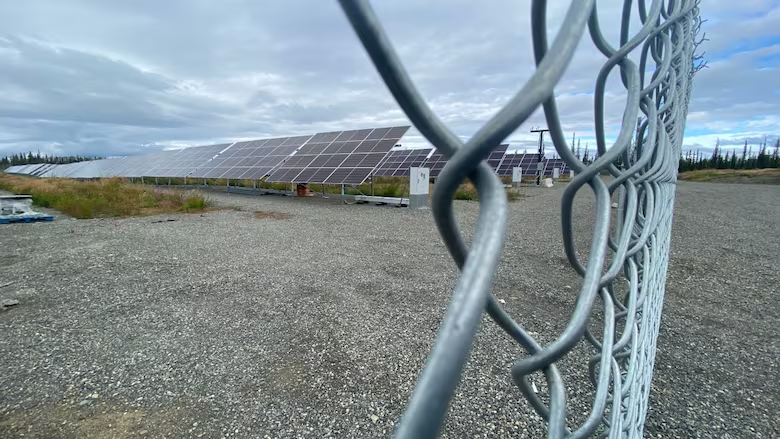
White River First Nation’s solar project expected to supply more than half of Beaver Creek’s electricity
White River First Nation celebrated the completion of its 1.9 megawatt solar facility in Beaver Creek, Yukon on Monday.
The once familiar sound of whirring diesel generators has been nearly silenced, and Beaver Creek has been running almost solely on energy from the sun, recently achieving 55 straight days of diesel-free power.
“First Nations have always been protective of the land, and the project builds on the strength of our ancestors,” said White River First Nation councillor, Dwayne Broeren, at Monday’s celebration.
The solar facility’s completion marks a significant milestone in the transition to renewable energy, not only for White River First Nation, but for Canada.
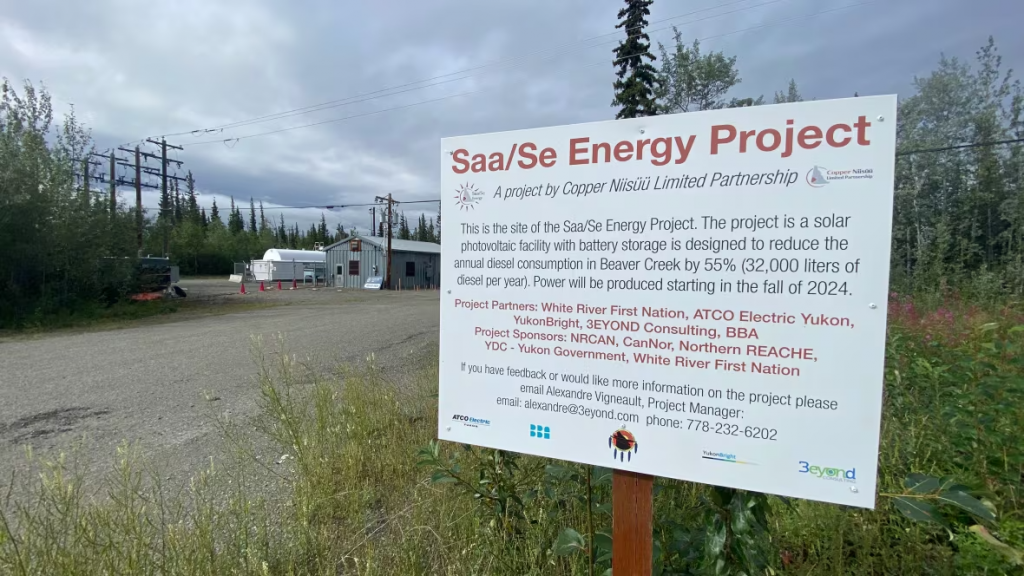
The project is expected to meet 55 per cent of Beaver Creek’s annual electricity needs and divert 320,0000 litres of diesel fuel per year. That means it could account for the largest proportion of diesel diversion from any solar project in the country.
The facility includes 3,520 solar panels — making it one of the largest in the territory — but what makes it unique is its battery energy storage system that charges when it’s sunny so the community can rely on solar power 24 hours per day in the summer months.
“Those batteries do more than just store power. They give the community confidence that clean energy can be reliable and steady day and night,” said Yukon Premier Mike Pemberton.
The Saa/Se solar facility — which means “sun” in the Upper Tanana and Northern Tutchone languages, respectively — began supplying electricity to the community on April 14.
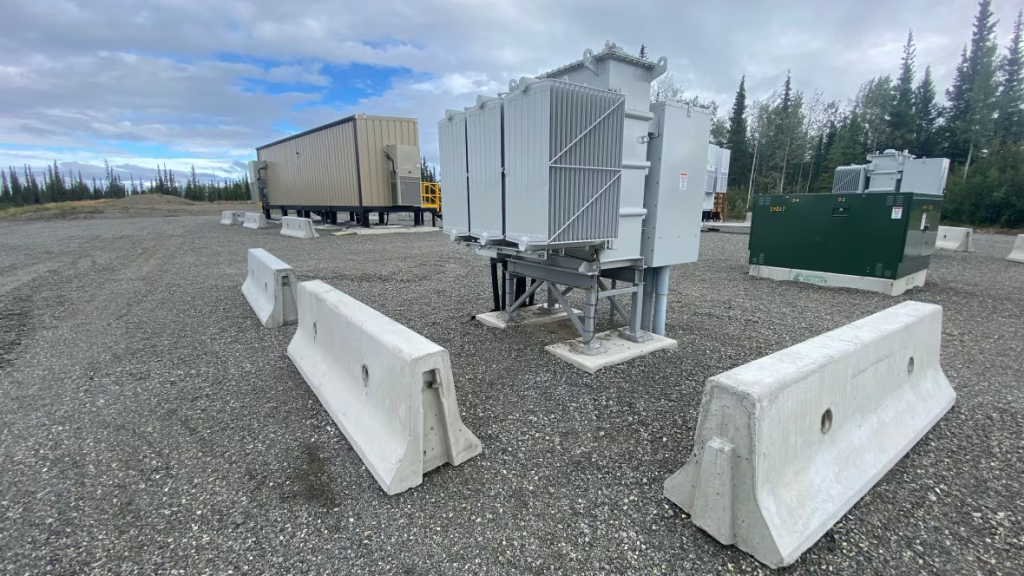
White River First Nation’s development arm, Copper Niisüü Limited Partnership, led the project, which was given the green light by the Yukon Environmental and Socio-economic Assessment Board (YESAB) back in 2020. Construction of the facility began in 2023.
Doug Pond with ATCO Electric’s renewables and grid modernization department says the company has entered into a 30-year electricity purchase agreement with White River First Nation that allows the Nation to sell electricity from the solar facility to ATCO.
“This Indigenous led solar project will significantly reduce reliance on diesel and help to lower emissions, enhance energy resilience and contribute to a more sustainable future,” said Pond. “But equally important is the long term economic impact this project will have on the community.”
A documentary about the project and White River First Nation people is expected to be released in 2026.
With files from Gord Loverin
Related stories from around the North:
Canada: N.W.T. premier says he wants complete carbon tax exemption for territory, CBC News
Norway: Will the green transition be the new economic motor in the Arctic?, Eye on the Arctic
Sweden: Sweden’s climate policies closer to reaching goals, Radio Sweden

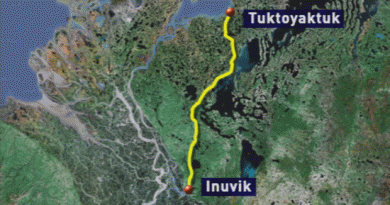
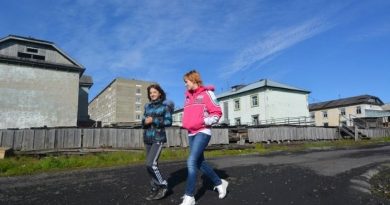
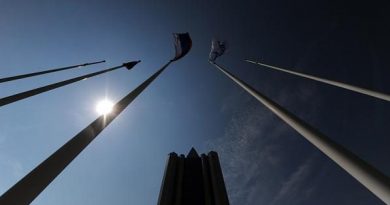
Great milestone for the community. Cutting 320,000 liters of diesel a year is a big deal — both for emissions and for reducing the constant fuel trucking costs that remote areas deal with. The 55 days of diesel-free operation shows that solar plus batteries can actually work for reliability, even up north.
That said, 55% of annual electricity still means diesel will run for part of the year, likely in winter when solar is low. It’ll be interesting to see if they pair this with wind or other generation in the future to push that number higher. Also, a 30-year power purchase agreement should give them stable revenue, but I’d keep an eye on long-term battery replacement costs — those can sneak up if not budgeted early.
Overall, it’s a strong example of Indigenous-led clean energy that could inspire similar projects in other northern communities.